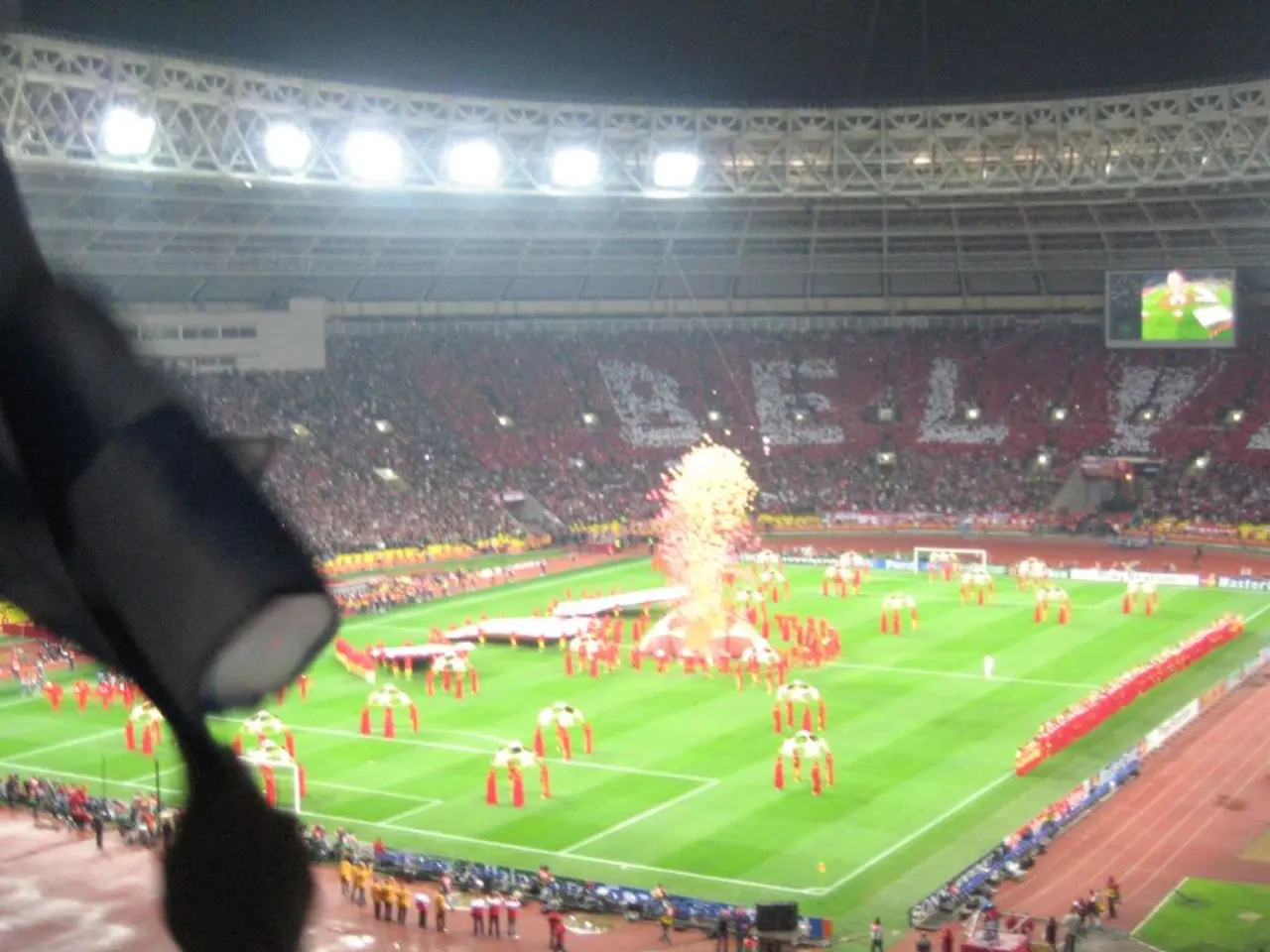Pistorius Contemplating Purchase of Medium-Range Weapon, Typhon, in the U.S.
In a strategic move aimed at bolstering its defensive capabilities and Europe's overall deterrence potential, Germany is considering the purchase of US ground-based Typhon missile launchers. These systems, capable of launching cruise missiles with ranges of up to 2,000 km, would significantly increase Germany's long-range defensive reach and fill a critical gap in European missile defense capabilities.
The interest in the Typhon system was confirmed by German Defense Minister Boris Pistorius during his visit to Washington in July 2025. Pistorius emphasized that Germany aims to take on greater responsibility for European defense while recognizing the indispensable role of the United States in collective security.
At this stage, Germany has only expressed interest and submitted a request, which the US government is currently reviewing. The procurement could still take several years, and the German defense ministry is hoping for a timely approval to enable the transitional deployment of these systems.
The potential acquisition of the Typhon missile launchers could have far-reaching implications for Germany's defense and European deterrence. Enhancing Germany's long-range defensive reach would provide a critical counter to potential adversaries, strengthening NATO's collective deterrence posture, especially in light of ongoing tensions with Russia and security challenges in the region.
Moreover, the move signals Germany's intent to assume a more proactive and autonomous role in European defense, complementing US contributions rather than relying solely on them. However, the acquisition is facing resistance within the SPD, particularly from the left wing of the party.
Meanwhile, the U.S. troop presence in Germany may be reduced, as indicated during Pistorius's visit to Washington. Pistorius is expecting a reduction of the 38,000 U.S. soldiers currently stationed in Germany and has agreed with Pentagon chief Hegseth on close coordination for implementing this potential reduction.
The Typhon rocket launchers are intended to fill a gap in the Bundeswehr's arsenal, as corresponding European systems are still in development. The systems are capable of firing long-range missiles like Tomahawk.
In addition to the Typhon missile launchers, Pistorius is seeking to acquire Patriot air defense systems for Ukraine, but has not yet secured a deal due to increasing Russian air strikes. Germany has already delivered three of its original twelve Patriot air defense systems to Ukraine, and Pistorius is now going through the U.S. to obtain more.
The deployment of medium-range missiles in Germany is highly controversial within the SPD, and a decision on the acquisition of the Typhon weapons has not yet been made. The U.S. is currently reviewing its overseas troop deployments, with a shift from Europe to the Indo-Pacific region expected. Results are expected in September.
The Commission, in the midst of this strategic military maneuvering, might contemplate a proposal for a directive on the protection of workers from the risks related to exposure to ionizing radiation in the German defense sector, considering the increased use of advanced weaponry. With sports still a significant part of society, workers employed in the production and maintenance of these new missile systems might require specific safeguards to ease potential health risks.








